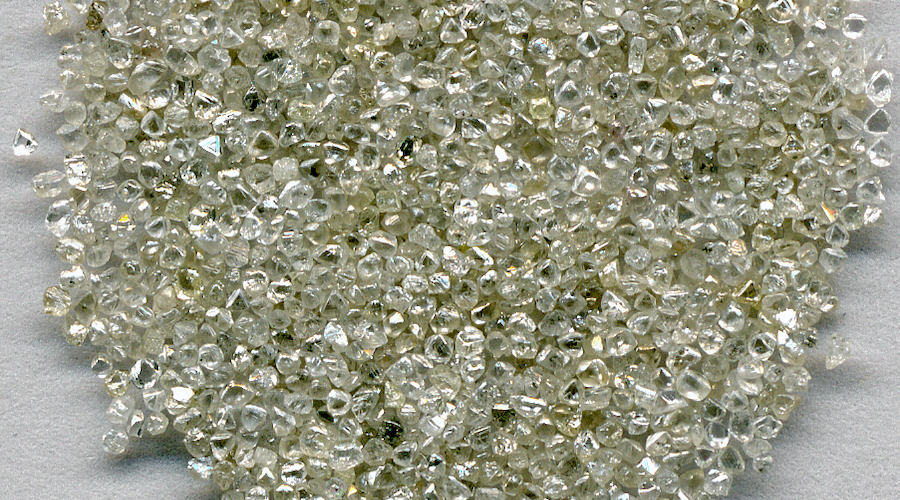
Guigues was the first kimberlite pipe discovered in eastern Canada
In total, SRC reported 14 out of the 17 +0.150 mm micro-diamonds lacked detectable nitrogen (zero parts per million), and thus are considered to be the highly desirable Type II.
Type II diamonds are rare, with less than 2% of the gems sold worldwide fitting into this category. They are, however, sought after because many of the largest, highest quality gem diamonds ever recovered lack nitrogen.
“Tres-Or is excited to learn that Type II micro-diamonds dominate our samples. This positive factor, along with the microdiamond counts themselves, the strong diamond indicator mineral chemistry and the site’s excellent access and infrastructure are moving our Guigues diamond project forward towards our first macro-diamond tests, which we hope to announce in the near future,” Laura Lee Duffett, the company’s CEO, said in a media statement.
The Guigues kimberlite claims are located in southwestern Quebec, in the Notre Dame du Nord area. The project was initially explored by De Beers in 1983, and it was the first kimberlite pipe discovered in eastern Canada.




